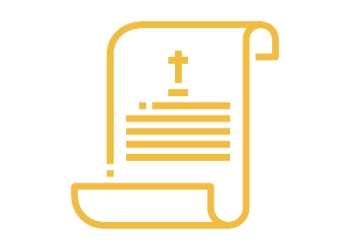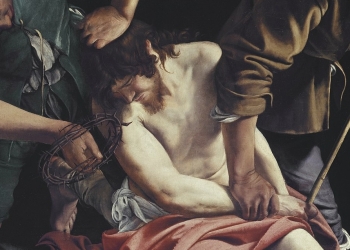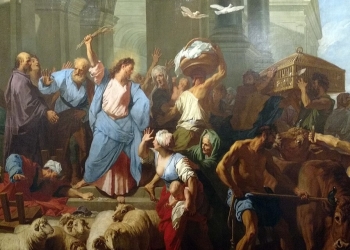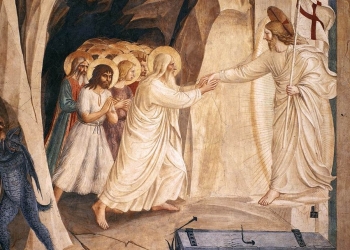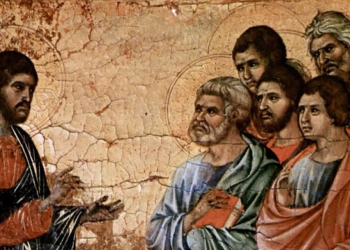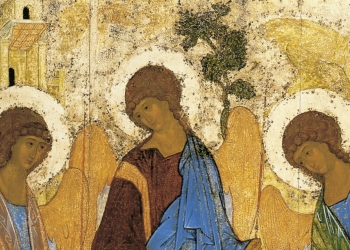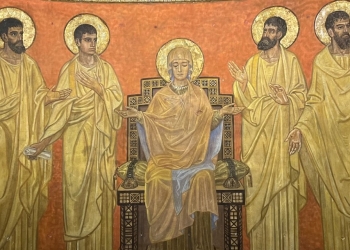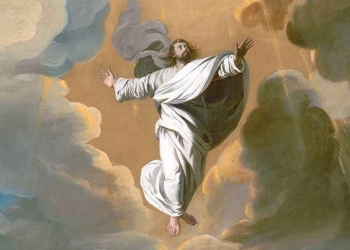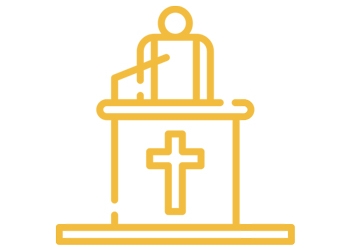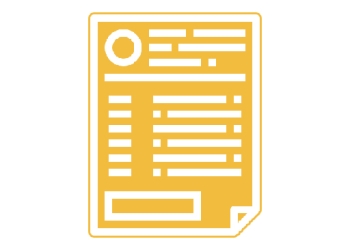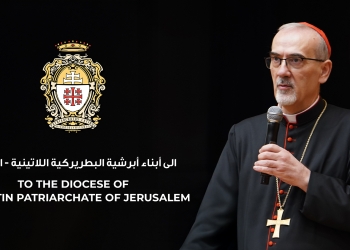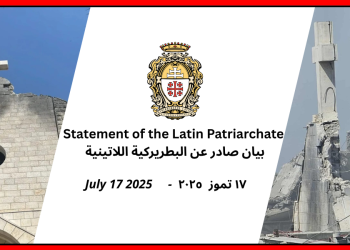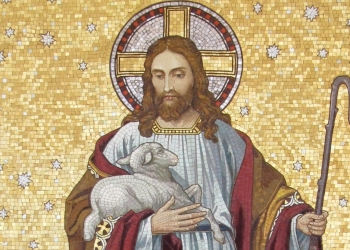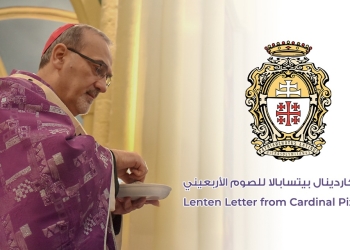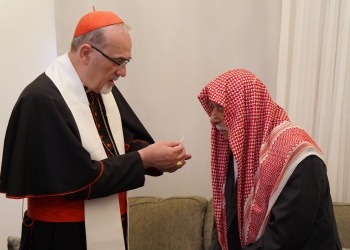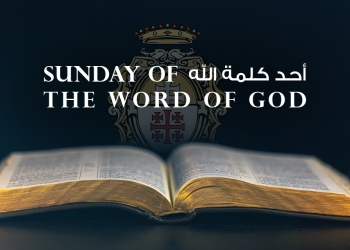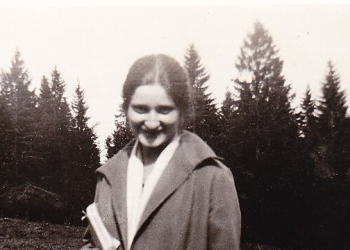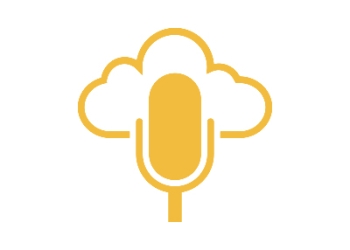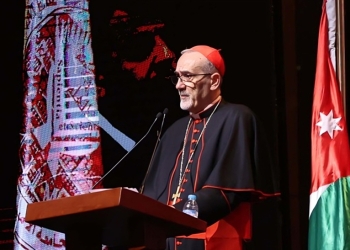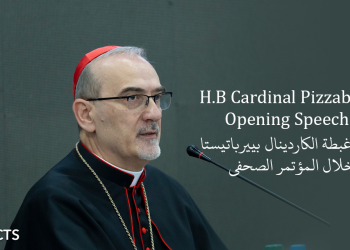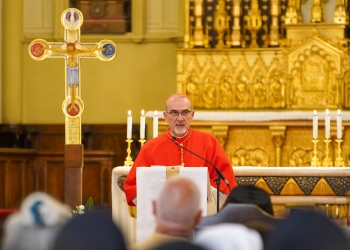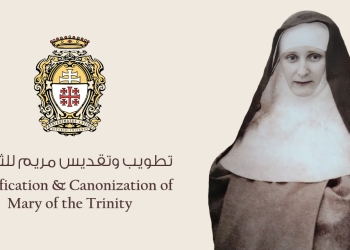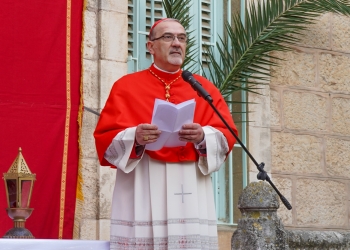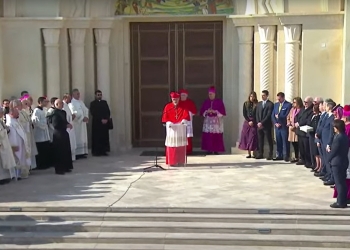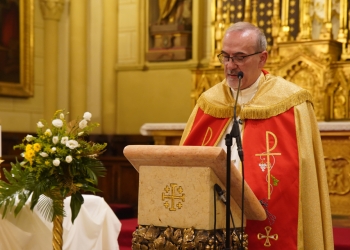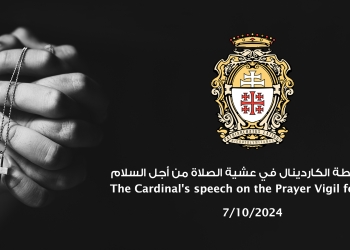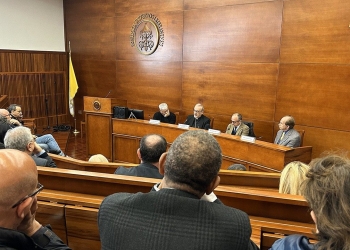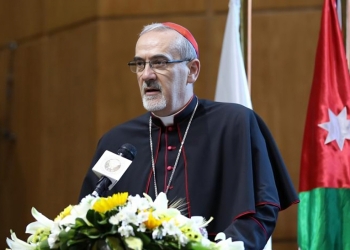By: Saher Kawas / LPJ
JERUSALEM - As a result of the vast outbreak of the novel Coronavirus around the world, which also touched the Holy Land, and as a way to prevent the infection and spread of this virus, Archbishop Pierbattista Pizzaballa, Apostolic Administrator of the Latin Patriarchate of Jerusalem, issued a letter of precautionary guidelines to be followed during the celebration of Holy Masses. A similar step was also taken in many Catholic dioceses worldwide in a bid to contain the spread of the virus. However, some criticism and certain accusations were made. The Media Office of the Latin Patriarchate would like, with the following interview with Archbishop Pizzaballa, to answer some inquiries that people may have and clear out some assumptions that they have made.
1. Some people seem to consider the Communion, being the Holy Body and Blood of Christ, as a form of immunity to the Coronavirus with a magical effect. Is this consideration legitimate?
Absolutely not!
Of course, the Eucharistic celebration and the Communion are the highest form of prayer for us Christians, and the most powerful way to be united to Jesus. And this gives us spiritual and also human strength. There is no doubt about this. We cannot live without the Eucharist.
However, we must not approach the Eucharist as a magic element. The union with Christ does not cancel at all our humanity in all its form, including our fragilities. How do you explain, otherwise, that the Communion does not heal the sick people? As I said several times, the Communion gives strength and comfort, but does not cancel our humanity. In the Sacraments, we receive the grace of God, but we remain human.
God entrusted us with the creation, the life in the world. It means that, with the grace of God, with the strength we receive with the Eucharist, we have to work and make our world better and safer.
In conclusion, the Communion, the Holy Body and Blood of Christ, makes us stronger in faith and in life, but does not immune us from our humanity, at all, including diseases.
I really do not understand the polemics on this topic.
I have to say that the instructions I gave are very limited. A lot of people were angry at such limited instructions, while others were upset that these guidelines were limited in the first place. In other parts of the world, the Church even prohibited public celebration of Masses, the exchange of the sign of peace, all public activities, assemblies, etc.
We should not forget that we receive millions of pilgrims in our churches. Most probably in the coming weeks, we will see a dramatic drop in the numbers, but anyway, it is wise to remain prudent. We do not know the identity of the people and the places they are coming from. They meet our communities, attend and participate in Masses in some of our churches. It is impossible to foresee all these movements. The authorities ask us to be prudent, and it would be irresponsible for us not to share this warning.
2. What is the default position of the Church when it comes to receiving Communion? Should it be received by hand or on the tongue?
There is not a common instruction in the Catholic Church. Any ecclesiastical region decides according to the culture and tradition. In our Church, the tradition is to receive the Communion on the tongue. As soon as this situation ends, we will surely continue with this tradition. There is no reason to change it.
3. What would you say to people who say that changing the liturgical practice of receiving the Communion on the tongue, even though it is permitted under certain conditions such as an outbreak of a virus, is a sign of lack of faith?
In the museum of the Custody of the Holy Land, there are still visible pincers (see the picture below) used by the priest during the pestilences in order to give the communion to the plague victims. Does that constitute lack of faith? Of course not. It was prudence, a means not to contaminate others.
Faith does not replace reason. God gave us a brain, intelligence to be used and developed, in order to preserve our life and that of others entrusted to us. To use our intelligence is not against faith. Faith without reason is like a soul without a body. We need both.
4. What is the best way to receive the Communion by hand? Should the person receive it in the left hand or right hand? Should he or she pick it up with the other hand or directly put it in the mouth?
Yes, this is the way. The priest put it on one hand and with the other the faithful put it in the mouth.
5. The letter of guidelines mentioned receiving Communion by hand, not receiving it from the chalice and the emptying of water fonts. What about offering the sign of peace?
We discussed this topic. The situation is changing very quickly and this virus is very contagious and the instructions of the authorities are updated every day. We will see how this will develop here and based on what they say, we will update the instructions we gave.
6. The Holy Week is coming up next month, what are the concerns? How is the church preparing to deal with this period during this outbreak?
It is a source of concern, of course. We are waiting to see how the situation is evolving. It is too early to make any decision now. Our situation, compared to other countries, is much better, and I hope there will be no need for any special measure. But we will follow the development day by day and will discuss and listen before making any decisions.

